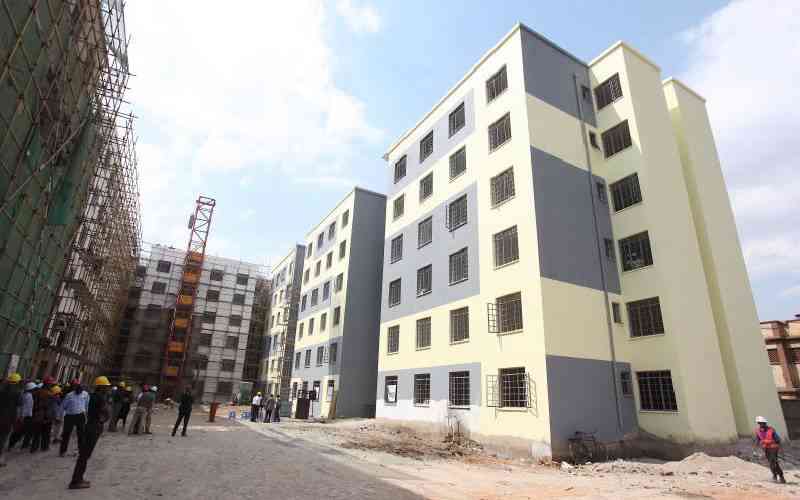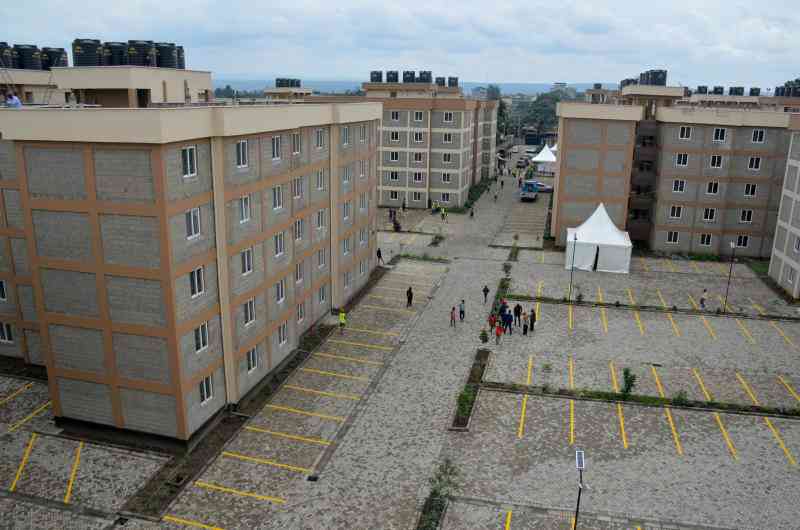Financial and Property Consutants Ltd CEO Martin Dias answers questions about home ownership:
1. Low mortgage uptake in the country has mainly been attributed to high interest rates. How do you think this can be solved?
Interest rates need to be much lower than what they are today. Currently, the Central Bank rate is 8.5 per cent. Banks should only add a three per cent to this and offer mortgages at 11.5 per cent. But that is not the case today as the average mortgage rate is 18 per cent, giving a 9.5 per cent margin.
Banks will argue that the cost of funds is high, but this can be dealt with by offering lower deposit rates. Banks do not want to lower their interest rates as this will affect their profitability. This problem can be solved by regulating interest rates.
2. Do you think the Government is doing enough to make mortgages affordable?
The Government recently formed a finance committee to study the interest rate situation and make recommendations. We are yet to be told the outcome, but I think this should be taken as a sign of the government’s commitment.
3. High interest rates and other factors are blocking the majority of Kenyans from realising their home ownership dreams. What alternative routes can help them achieve this dream?
Kenyans should develop a savings culture. They can then use the money to buy a piece of land outside the Central Business District (CBD) where prices are lower and build their own houses on it.
They can also buy prefabricated homes as they are cheaper and quicker to build. The Government, through bodies like the National Housing Corporation, should start providing prefabricated homes in large numbers to enjoy economies of scale to enable Kenyans buy them at affordable prices.
4. Assuming you have just landed your first job, what would be your preferred way to own a home - a mortgage or self-build?
Everyone in their first job does not earn much. But assume they are earning a gross salary of Sh100,000 and look at the two options.
Self-build: This may be a better option as I would first buy a piece of land for about Sh300,000 or Sh500,000 and then build a home on the land. I could put up a three-bedroom bungalow on an eighth of an acre and still have some garden and space to do other things.
Mortgage route: That salary could enable me to take a Sh4 million 15-year mortgage for a two-bedroom apartment on Mombasa Road.
5. What is your take on the 2014/15 budget read recently in respect to the property sector?
The Treasury Cabinet Secretary, Henry Rotich, raised the import duty on steel from 10 per cent to 25 per cent. This is a disincentive to the real estate industry as the cost of construction will go up. Currently, the sector is suffering from high cost of land and interest rates. Increasing duty on steel will push up house prices.
Stay informed. Subscribe to our newsletter
6. Talking of property prices, developers have been blamed for inflated property prices. Is this justified?
Blame it on the overall policy failure in the property industry. Banks are now going for profit maximisation from the high interest rates. The Kenya Bankers Association, despite being part of the committee charged with recommending ways of lowering interest rates, has been quiet. There is no system that regulates interest rates.
7. Property prices have been soaring over the years. Do you think it is time we had a controlled market?
Generally, the rise in property prices has made most would-be buyers to shy away from the property market because they cannot afford the houses on sale.
However, it is not prudent to control prices as it may deter developers from investing in the industry. The dynamics of demand and supply should be left to determine property prices. We should remember that although real estate development in Kenya has been vibrant in the last 10 years, the “hype” will eventually go down, leading to price correction.
8. How has the property market received the joint venture concept?
The concept of joint ventures is relatively new in the property market in the country, but the results it is now yielding have seen it gain great support. The greatest challenge in property joint venture, however, is compatibility between landowners and developers. There is usually friction when it comes to sharing capital, expertise and investment.
9. You have been in the property and financial industry for more than 20 years. What do you make of the industry today?
The property and financial fronts are very dynamic. A day can bring an immeasurable transformation, for good or for worse. Monetary issues and policies are changing every day - from interest rates to the strength of the Kenyan shilling. The few scattered property developments we used to have some years back have evolved into a myriad of homes for Kenyans. And honestly speaking, it is hard to predict what will happen tomorrow.
10. Your thoughts on project management?
Project management is the monitoring of a project from inception to finish. These include working with professionals like architects, quantity surveyors, structural engineers, project accountants, financial consultants and the contractor on site. If you were to take all these responsibilities as an individual, you would not cope. Project management lifts all this off your shoulders.
 The Standard Group Plc is a
multi-media organization with investments in media platforms spanning newspaper
print operations, television, radio broadcasting, digital and online services. The
Standard Group is recognized as a leading multi-media house in Kenya with a key
influence in matters of national and international interest.
The Standard Group Plc is a
multi-media organization with investments in media platforms spanning newspaper
print operations, television, radio broadcasting, digital and online services. The
Standard Group is recognized as a leading multi-media house in Kenya with a key
influence in matters of national and international interest.
 The Standard Group Plc is a
multi-media organization with investments in media platforms spanning newspaper
print operations, television, radio broadcasting, digital and online services. The
Standard Group is recognized as a leading multi-media house in Kenya with a key
influence in matters of national and international interest.
The Standard Group Plc is a
multi-media organization with investments in media platforms spanning newspaper
print operations, television, radio broadcasting, digital and online services. The
Standard Group is recognized as a leading multi-media house in Kenya with a key
influence in matters of national and international interest.







